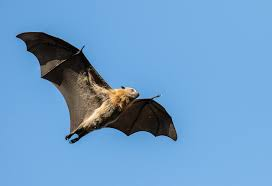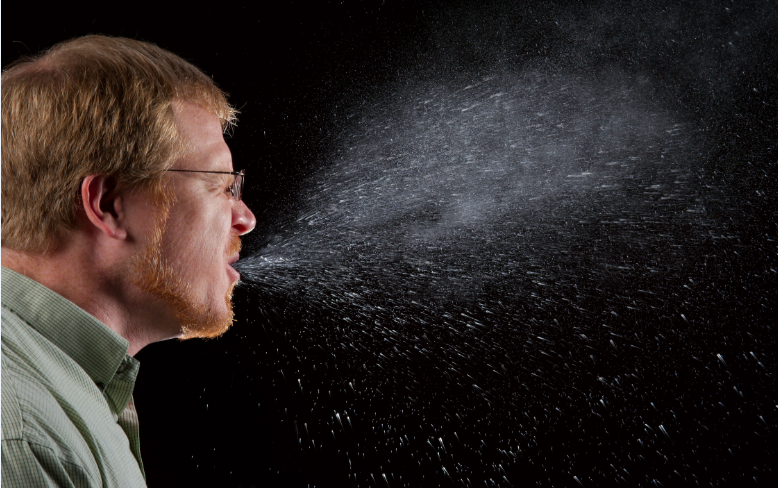
COVID 19 …..where from?
At the end of this CVID-19 disaster, there is one thing that the world of public health will no longer be able to avoid – the power of misinformation.
One example is the source of the virus. There are many permutations of the conspiracy theory around the virus being generated to ‘finish’ certain populations of the world. A certain book written a few decades ago, we are told, that predicted that the virus was being manufactured and would be let loose on the world to kill of certain people. Medications and vaccines that are being produced are actually the source of the virus……I could go on and on and on.
All this is of course ‘panicked-human-tales’ (I don’t like the notion of ‘old-wives-tales’ …for obvious reasons!). The reality is – coronavirus outbreaks started a while ago, with SARS (2002) and MERS (2012) and now Covid-19……and this is not going to be the last.
So let’s look at the science.
Public health workers in China have said that the likely source of COVID-19 was a market selling illegal bush meat in Wuhan. These so called ‘wet markets’ have been shut for now. At the moment, the source COVID-19 is thought to be pangolin meat. These pangolins likely caught the coronavirus from bats. The camels that spread MERS to humans in Saudi Arabia, also caught the coronavirus from bats. That little creature, the bat (Popo in Kiswahili), appears to be the source of all three of the coronavirus (SARS, MERS, Covid-19) outbreaks, which they are themselves rather resistant to.
In 2018, a paper published in the Frontiers in Microbiology journal titled ‘Bats, Coronaviruses and Deforestation’, tackled the issue of emerging coronavirus diseases
https://www.ncbi.nlm.nih.gov/pmc/articles/PMC5904276/
In this 2018 paper, Afelt and colleagues predicted that bats would be the likely reservoir of a coronavirus that would lead to a major epidemic and the source of the virus would be South East Asia.

In Asia 56 species of bats are hunted for food by low-income populations, they are also used in traditional medicine. The faeces of bats make a fertilizer known as guano – which is extremely good for the soil
There are therefore many opportunities for humans to come into contact with bat viruses. Bats can also spread coronavirus through domestic animals, for example the MERS coronavirus is thought to have spread from bats to camels who then spread it to humans in the middle East. The evidence for this comes from the analysis of genetic material from the virus which enable scientist to trace the origins of the viruses.
However, perhaps the most important message in this paper is that the reason coronavirus will continue to affect humans and domestic animals is the high rate of deforestation. Bats are losing their local habitat but they are also adjusting well to human settlement. So much so that bats of different species who in the wild would not come into contact are now converging in the new human settlements.
The lights from human settlements attract insects which then draw in insect-eating bats. This drives the close contact with humans as the bat droppings settle in people’s homes.
We see this in the rainy season when there are lots of insects fluttering about the lights and bats swop unto the veranda to catch these insects.
The idea that you have to eat a bat to get a coronavirus infection is not correct.
As we encroach into spaces where bats inhabit and the poor creatures try to adjust to us….we will not avoid their droppings and things will happen. The deforestation going on in South-East Asia is also happening in Brazil. The Amazon forest is getting destroyed at a tremendous rate and we should not be too surprised if that encroachment does not result in a disease outbreak.
So put away these conspiracy theories because they take away from the reality. Environmental degradation can have health consequences not imagined before. Destroying our forests and eating wildlife just has to end.
The major religions all have rules about what meat is ‘clean’ and ‘unclean’ perhaps for good reason. If this can work to stop people hunting wildlife, it’s not a bad place to start. It’s a pity that a rare creature, like the pangolin is being eaten where there is no lack of domestic animals to eat. It’s a pity when bush meat is eaten, exposing humans to Ebola in some parts of Africa. Wildlife conservation as a public health measure is crucial.
Prof Wangari Maathai told us to leave the forests alone. No better time to heed her. But if we have already encroached into bat space, some public health education on how to co-exist is badly needed. Information to stop us coming into contact with bat droppings, how to ensure our homes are made in such a way that bats stay outside.




